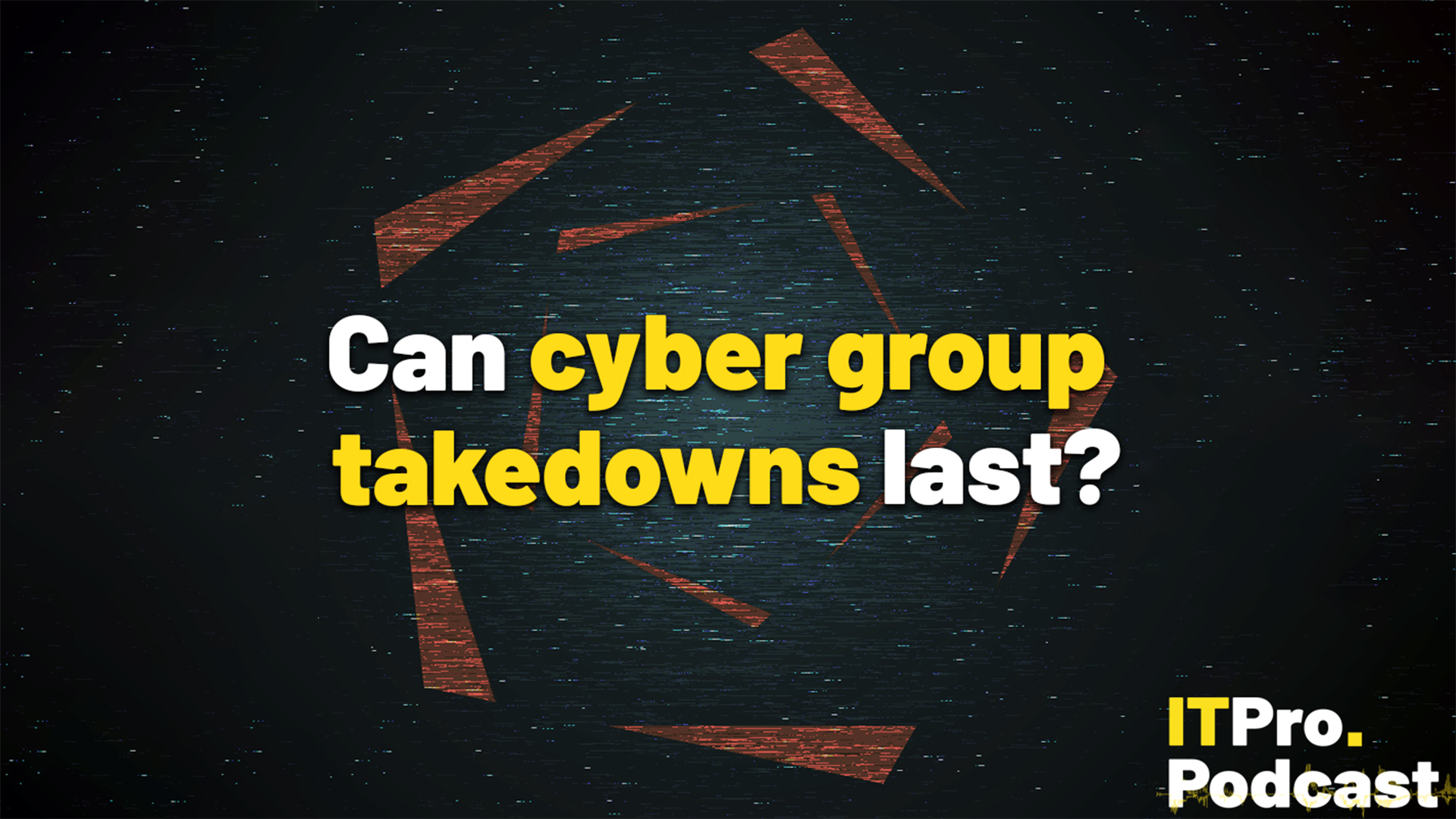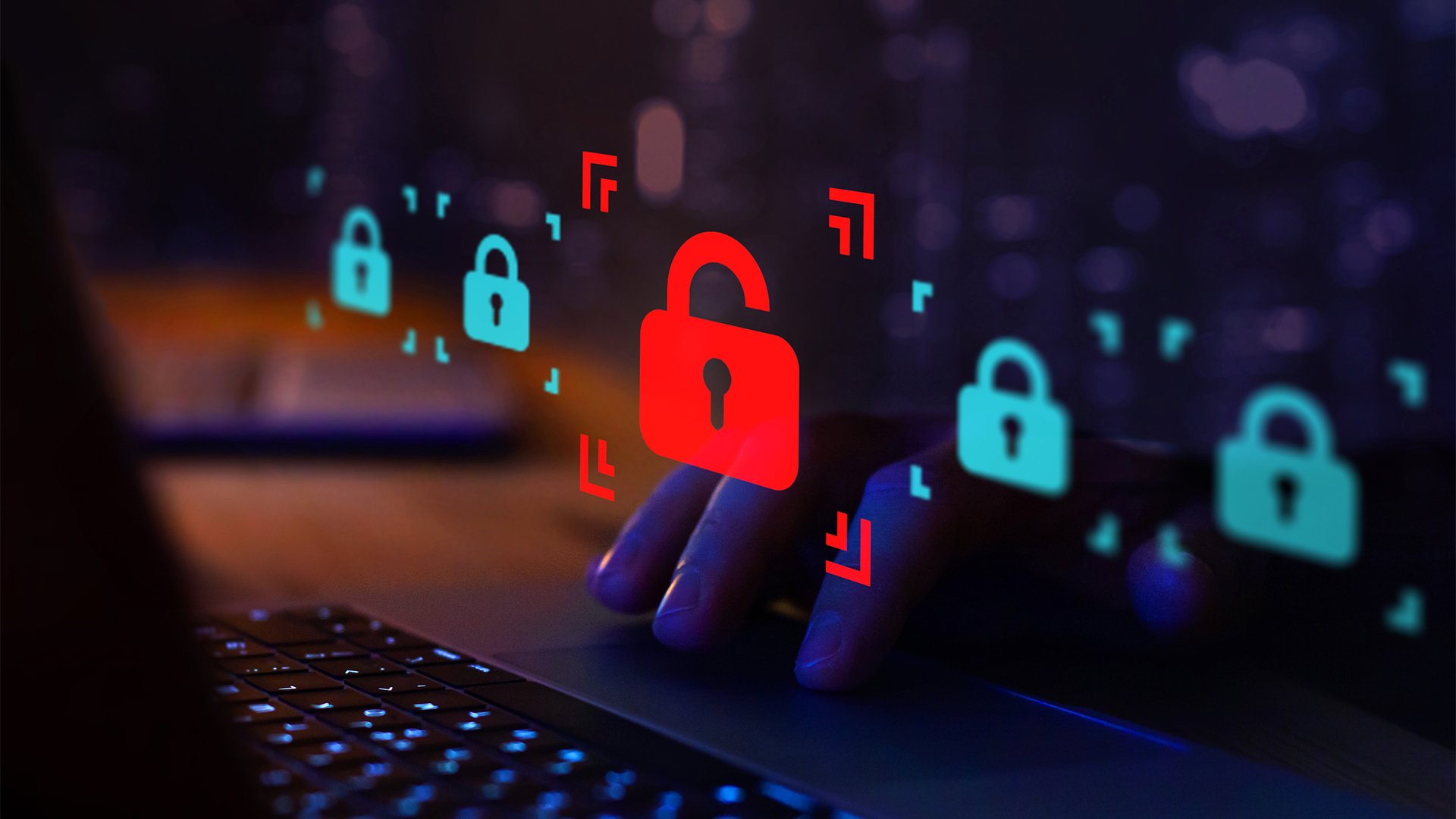What would you do if your personal data was suddenly exposed in a cyber attack? It’s a concern that affects many, especially after recent news about the Legal Aid Agency (LAA) in the UK. This incident can serve as a wake-up call regarding the importance of data security and personal information. Let’s dive into what happened, the implications for you as a potential affected individual, and what you can do in the face of such threats.

This image is property of cdn.mos.cms.futurecdn.net.
The Cyber Attack on the Legal Aid Agency
In April 2025, the UK’s Legal Aid Agency revealed a significant data breach that affected a substantial number of individuals. Initially thought to have only impacted data from 2010 onwards, the situation turned out to be much more severe. You might be shocked to learn that data accessed by hackers can date back to 2007. If you have ever applied for legal aid funding during that time frame, your information might be among the compromised data.
What Data Was Compromised?
The breach has raised significant concerns due to the sensitive nature of the information involved. The hackers managed to access a variety of personal data, including:
- Contact Information: This includes your name, address, and phone number.
- Dates of Birth: Personal identifiers are critical for identity theft.
- National ID Numbers: Each individual’s national identification number is especially valuable to criminals.
- Criminal History: If you have a legal history, this information is particularly sensitive.
- Employment Status: This can reveal personal circumstances and affect job opportunities.
- Financial Data: Information about contributions, debts, and payments could potentially be used in financial fraud.
- Partner Information: In some cases, data concerning partners of applicants was also exposed.
The Timeline of Events
Shortly after the discovery of the breach on April 23, 2025, the LAA acted swiftly to enhance security measures and notify legal aid providers about potential compromises. However, as investigations progressed, it became evident that the attack had more far-reaching consequences than initially believed.
On May 2025, the LAA acknowledged that a larger volume of data had been breached, resulting in widespread alarm among legal aid applicants. The agency’s efforts to collaborate with law enforcement and cybersecurity experts showcased the seriousness of the situation.
The Uncertain Identity of the Hackers
One of the more troubling aspects of this incident is the lack of clarity surrounding the identity of the hackers involved. As of this writing, there have been no claims of responsibility, nor has there been a public appearance of the stolen data on dark web forums. This uncertain status only adds to the anxiety felt by those affected.
The Response and Criticism of the LAA
As details of the cyber attack emerged, the Legal Aid Agency faced backlash regarding their security measures. Critics pointed to a long history of underfunding and mismanagement of IT systems as facilitating factors that enabled such an attack. Details from Ministry of Justice minister Sarah Sackman highlighted these vulnerabilities, linking them directly to past governmental neglect.
The Consequences of Mismanagement
In terms of cybersecurity, neglect can take many forms. Systems may not be updated regularly, and vulnerabilities go unaddressed. For you, as an individual whose data might be compromised, this is alarming. If governmental agencies can’t protect sensitive information, what does that mean for your own cybersecurity?

This image is property of cdn.mos.cms.futurecdn.net.
Taking Personal Precautions
If you suspect that your data may have been impacted, it’s wise to take immediate action. Here are some steps you can follow to protect yourself:
Monitor Your Accounts
Pay close attention to your bank statements, credit reports, and any other financial accounts. Look for any unusual activity that could indicate that your data has been misused.
- Set Up Alerts: Many banks allow you to set up alerts for any transactions over a certain threshold.
- Check Your Credit Report: You can request free copies of your credit report and look for accounts or transactions you don’t recognize.
Update Your Passwords
Given that personal data may have been exposed, updating your passwords is crucial. Consider the following tips:
- Use Strong Passwords: Create complex passwords that are difficult to guess.
- Unique Passwords for Different Accounts: Avoid using the same password across multiple platforms.
- Enable Two-Factor Authentication: Whenever possible, turn on two-factor authentication for an added layer of security.
Stay Vigilant Against Phishing
Post-breach, it’s common for individuals to receive unsolicited messages attempting to gather more personal information. Be skeptical of unexpected emails or calls, especially if they ask for sensitive data.
- Verify the Source: Always double-check where the message purports to come from before providing any information.
- Look for Red Flags: Poor grammar, urgent requests, and mismatched email addresses can be signs of phishing attempts.
Understanding the Broader Implications
The Legal Aid Agency incident doesn’t exist in a vacuum; it reflects a growing trend of cyber threats that can impact individuals and institutions alike. Understanding these implications can empower you to make informed decisions relating to your privacy and data security.
The Rise of Cybercrime
Cybercrime has surged in recent years, often targeting institutions with sensitive data. Whether it’s your local bank or a governmental agency, no organization seems to be immune to attacks. It raises the essential question of how ready these organizations are to respond to crises.
The Role of Technology in Security
In today’s digital age, technology is both a tool for cybercriminals and a means of protecting valuable information. Those involved in data protection must embrace modern technologies like artificial intelligence and machine learning to safeguard systems effectively.
- Regular Updates and Patches: It’s vital that systems are kept up-to-date with the latest security patches to minimize vulnerabilities.
- Incident Response Plans: Organizations should develop comprehensive plans to respond to data breaches swiftly and effectively.

This image is property of cdn.mos.cms.futurecdn.net.
Legal and Regulatory Responses
Given the severity of the Legal Aid Agency’s breach, there have been discussions regarding legal and regulatory actions that may follow. As a citizen potentially impacted by such breaches, it’s essential to understand these frameworks.
GDPR and Data Protection Laws
The introduction of data protection regulations like the General Data Protection Regulation (GDPR) in Europe aims to provide individuals with more control over their personal data. If you believe your data has been mishandled, knowledge of your rights under these regulations can be beneficial.
Accountability for Organizations
Organizations that experience data breaches may face fines and consequences under regulations like GDPR. This accountability is crucial in ensuring that businesses prioritize data protection. You might wonder, will this lead to better practices in the future?
Conclusion: Taking Control
While the incident at the Legal Aid Agency is concerning, it also serves as a reminder of the importance of being proactive about data security. The steps you can take to protect your information genuinely matter. Awareness is the first step towards prevention.
- Stay Informed: Follow updates regarding cybersecurity to keep abreast of new threats.
- Educate Yourself: Understanding how data breaches occur can help you develop better security practices.
- Advocate for Better Security Practices: Encourage organizations you interact with to improve their cybersecurity measures. Educating others can create a culture of data protection.
Taking control of your personal information is vital in today’s digital landscape. By remaining vigilant and informed, you can protect yourself against the ever-evolving landscape of cyber threats. You deserve to feel secure in your digital interactions, and with a little effort, you can make strides towards achieving that peace of mind.

This image is property of cdn.mos.cms.futurecdn.net.